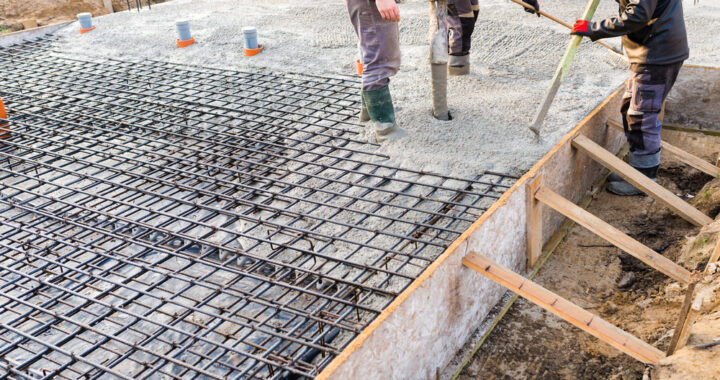The Spearin doctrine is a doctrine in the construction industry that broadly means the owner impliedly warrants the constructability of the plans and specifications given to the contractor. This implied warranty attaches to a design specification, but not a performance specification. A question arises as to whether the Spearin doctrine can apply in the design-build context where the contractor is responsible for both the design and construction. It can, as discussed in the case below.
In Balfour Beatty Construction, LLC v. Administrator of the General Services Administration, 2025 WL 798865 (Fed. Cir. 2025), a design-build contractor appealed a decision from the Civilian Board of Contract Appeals (Board) claiming it was entitled to recover for design errors in the government’s bridging documents. In other words, the contractor claimed there was a design defect in the government’s bridging documents and, pursuant to the Spearin doctrine, the government should be liable for the contractor’s increased costs.
Often, in a design-build solicitation, there are bridging documents which are basically conceptually design documents as to what the government is looking for with the objective for the design-build contractor to complete the design. There is oftentimes a disclaimer reflecting the preliminary or conceptual nature of the bridging documents and that they are not intended to describe the full scope of the design or the work.
Here, the design-build contractor submitted a claim for increased costs due to design errors based in the bridging documents. One issue dealt with claimed design defects with the mat slab foundation in the bridging documents. The contractor argued it needed to “redesign and depart from the bridging documents to accommodate a thicker mat slab, which was required to handle the loads of the equipment and bridging columns.” Balfour Beatty, supra, at *2.
Regarding the Spearin doctrine:
In United States v. Spearin, the Supreme Court held that “if the contractor is bound to build according to plans and specifications prepared by the owner, the contractor will not be responsible for the consequences of defects in the plans and specifications.” We have since clarified that this implied warranty attaches in contracts that contain design specifications, which “explicitly state how the contract is to be performed and permit no deviations.” But if the contract contains a performance specification, which specifies the result to be obtained but leaves the contractor free to determine how to achieve those results, the implied warranty does not attach.
In a design-build bridging project delivery method, the government provides a partial design with the expectation that the contractor will complete the design and build the project. The Board analyzed the provisions of the contract and“consider[ed] to what extent a thirty-percent design … was design or performance.” The Board determined that the bridging documents did not contain a warranty for the design of the mat slab at a particular thickness. The Board noted that, in addition to the contract drawing that directed the contractor to match the existing foundation thickness of 18 inches, [the government] provided calculations from [government] consultants that called for a 24-inch foundation. The Board concluded that because these documents “raised a question about the mat slab thickness that should have caused [the contractor] to raise the issue before contract award,” [the contractor] was not entitled to recover costs related to designing the thicker mat slab. We disagree.
The contract drawing indicated that [the contractor] should “match existing building foundations,” which were 18 inches thick. We determine the language in the drawing is sufficiently definite to constitute a design specification, and the Board erred in construing this as a performance specification. We conclude that there was an implied warranty with respect to the mat slab thickness. Further, even if there were a conflict between the drawing and the calculations, the mat slab [the contractor] ended up having to build was between 43 and 53 inches thick—almost double what the calculations required.
Balfour Beatty, supra, at *2 (internal citations omitted).
Please contact David Adelstein at dadelstein@gmail.com or (954) 361-4720 if you have questions or would like more information regarding this article. You can follow David Adelstein on Twitter @DavidAdelstein1.

 Can a
Can a  Be mindful of that express warranty provision in your contract. It could result in an outcome that you did not consider or factor when submitting your proposal or agreeing to your contract amount.
Be mindful of that express warranty provision in your contract. It could result in an outcome that you did not consider or factor when submitting your proposal or agreeing to your contract amount.